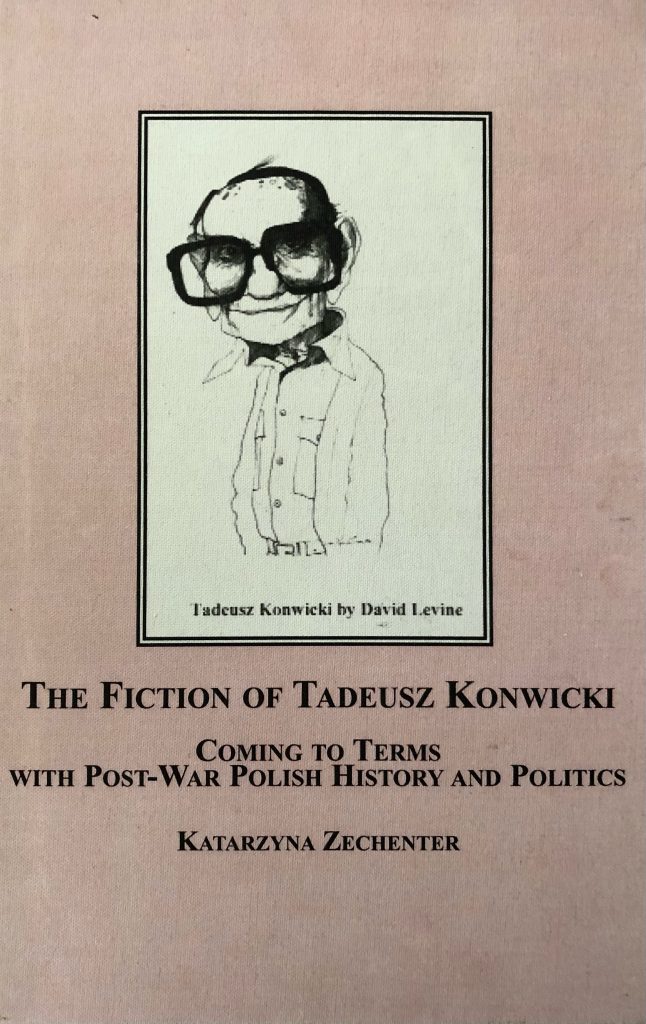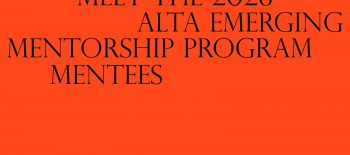Tadeusz Konwicki with Katarzyna Zechenter – Encounters with Polish and Ukrainian Literature
S4E7 and all video recordings are available on our YouTube.
Encounters with Polish Literature is a video series for anyone interested in literature and the culture of books and reading. Each month, host David A. Goldfarb will present a new topic in conversation with an expert on that author or book or movement in Polish literature. More about the Encounters with Polish Literature series and the timeline.
Tadeusz Konwicki (1926-2015) made a major contribution to the culture of dissent in Poland toward the end of the Communist period leading up to the Solidarity movement. He was born near what is today Vilnius, Lithuania, and his work betrays a strong nostalgia for the forests and landscape of Poland’s former Eastern borderlands, which were also home to the great Romantic poet, Adam Mickiewicz, and Nobel Prize winner, Czesław Miłosz. He fought in the Home Army during the war, making his way to Warsaw, where he became a journalist and joined the Party, writing at first in the socialist realist mode that was mandatory at the time, turning toward reminiscences of childhood and then bitter satire as he became disillusioned with the Communist system. Beginning in the mid-1950s he began to make films and worked in the KADR film studio, making his debut in 1958 with The Last Day of Summer, which would point the way toward a new kind of “auteur cinema” in Poland, written, directed, and filmed by a single author.
Konwicki’s narrator is strongly associated with the persona of the author across his novels, films, and autobiographical works, sharing biographical details such as joining the resistance as a teenager in WWII, living through an era of political self-immolations in protest of the Soviet repression of the Prague Spring of 1968, or standing in line for hours to buy a Christmas present in the 1970s, but is also carefully crafted as a fictional character, constructed from the author’s memories and dreams.
In this episode, we focus on his major novels, A Dreambook for our Time, The Polish Complex, A Minor Apocalypse, and Bohin Manor, reflecting on some of the lesser-known works in passing. We discuss some of the controversies relating to his early socialist realist period, and the representation of women and the male gaze in his works, as well as the importance of his novels of the pre-Solidarity period of the 1960s and 70s in the formulation of a discourse of freedom and multicultural pluralism in Poland.
Tadeusz Konwicki in English Translation:
The Anthropos-Specter-Beast. Tr. George and Audrey Korwin-Rodziszewski. New York: S.G. Phillips, 1977.
Bohin Manor. Tr. Richard Lourie. New York: Farrar, Straus, Giroux, 1990.
A Dreambook for our Time Tr. David Welsh. Intro. by Leszek Kołakowski. New York: Penguin, 1983.
A Minor Apocalypse. Tr. Richard Lourie. Afterword by Robert L. McLaughlin. Normal, Ill.: Dalkey Archive, 1999.
Moonrise, Moonset. Tr. Richard Lourie. New York: Farrar, Straus, Giroux, 1987.
New World Avenue and Vicinity. Tr. Walter Arndt with illustrations by the author. New York: Farrar, Straus, Giroux, 1991.
The Polish Complex. Tr. Richard Lourie. Normal, Ill.: Dalkey Archive, 1998.

Katarzyna Zechenter is an Associate Professor at the School of Slavonic and East European Studies at University College London. She has published articles on contemporary Polish and Polish-Jewish fiction with the emphasis on memory and post-memory, and a monograph The Fiction of Tadeusz Konwicki: Coming to Terms with Post-War Polish History and Politics. She has also published a volume of poetry (In the Shadow of the Tree, Krakow 2012) and is preparing a second volume. Her poems have appeared in journals in Poland, France, and the United States, and some have been translated into English and Spanish.

Bartek Remisko, Executive Producer
David A. Goldfarb, Host & Producer
Natalia Iyudin, Producer
Photo: Katarzyna Zechenter
Image courtesy of Katarzyna Zechenter
Photo: Cover of Katarzyna Zechenter’s book
Lead image: Tadeusz Konwicki, Wikimedia Commons





